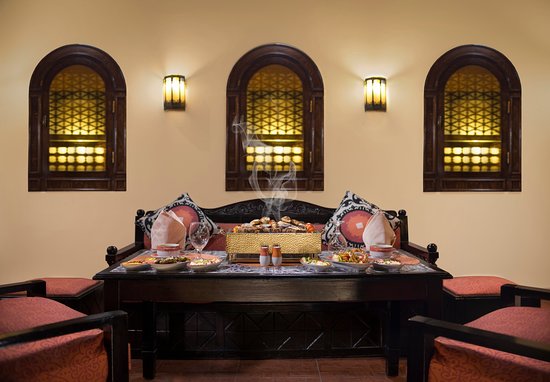Luxor
WELCOME TO Luxor
Province Overview
Luxor
55,154 km2
1.2 million
Arabic
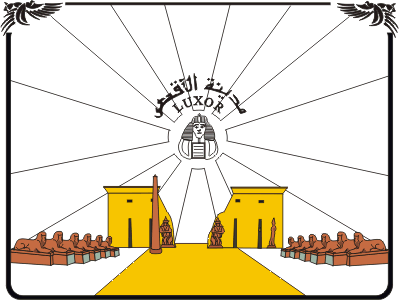
Popular
Geography and Tourist Attractions
Information about the province's tourist attractions, including popular destinations, events, and activities.
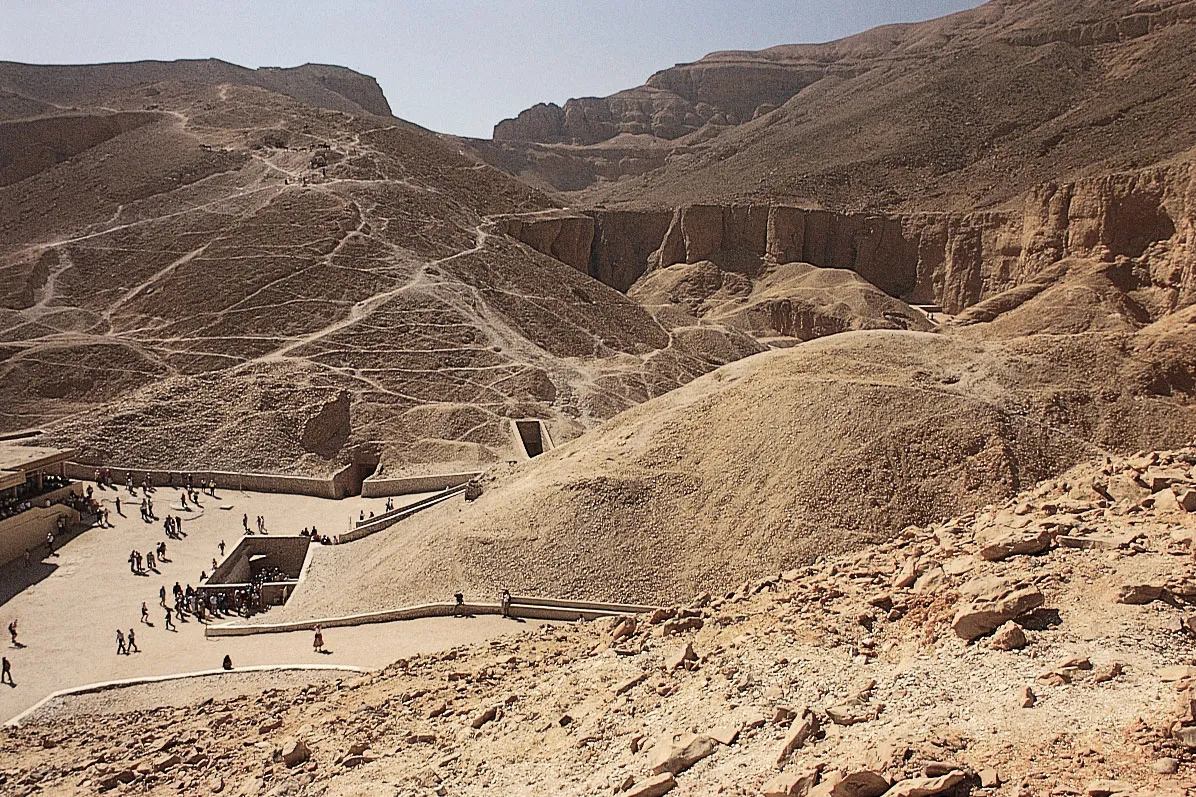
Valley of the Kings
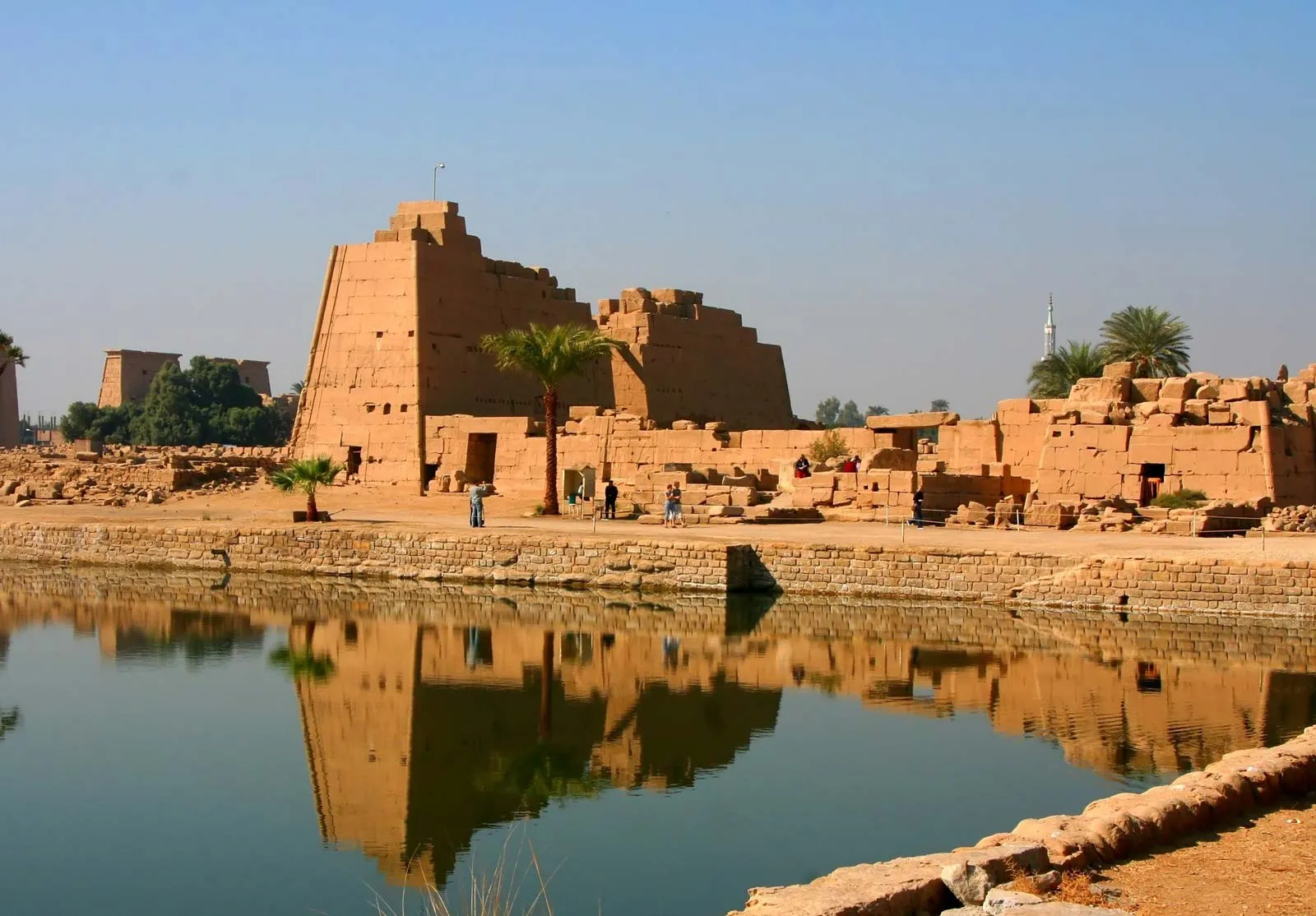
Karnak Temple Complex
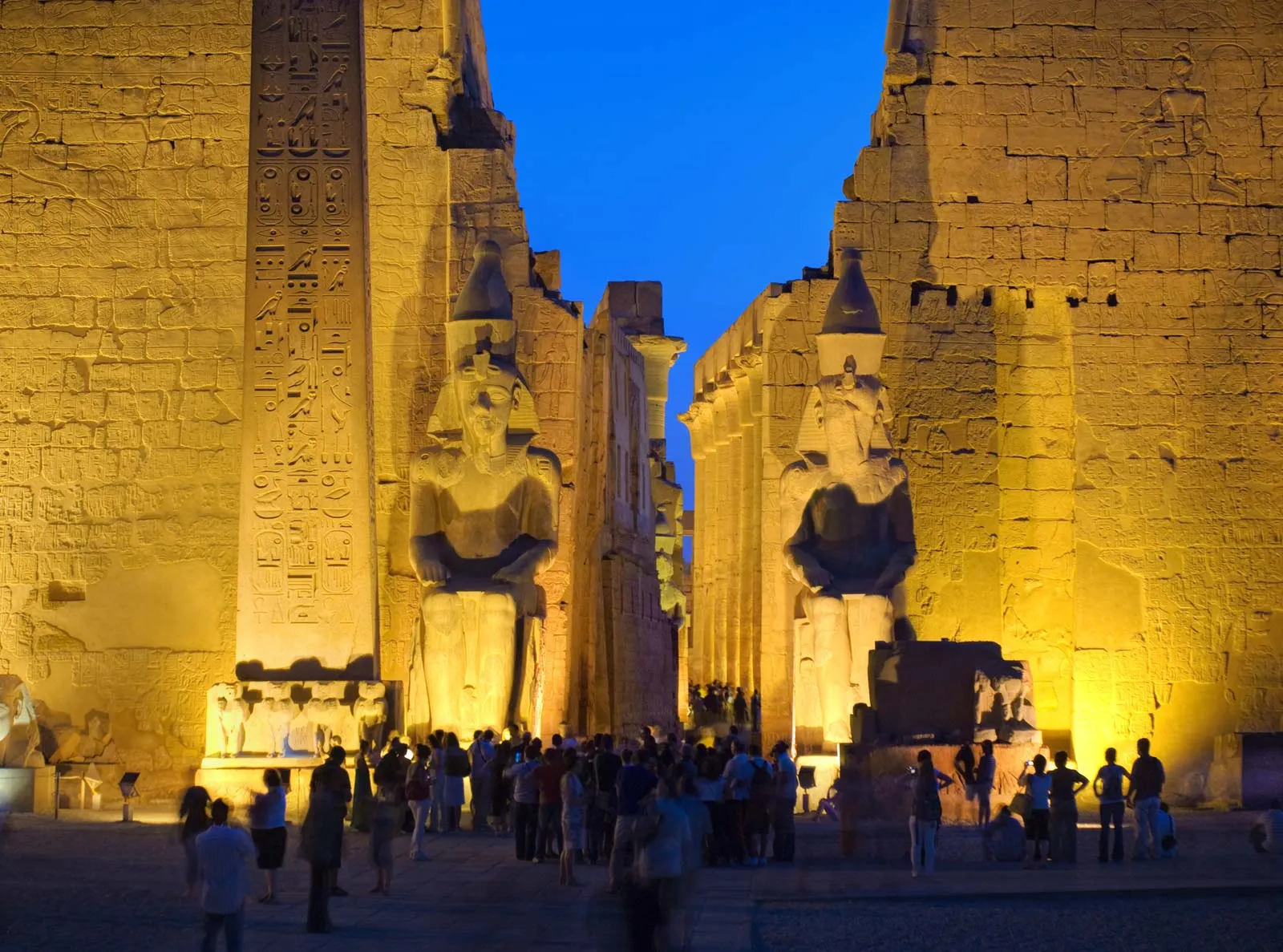
Luxor Temple
Political
Economy and Government
Luxor Province, situated in southern Egypt, boasts a diverse economy and a well-structured government. The province's economy primarily revolves around tourism, with Luxor being home to world-renowned ancient monuments such as the Luxor Temple, Valley of the Kings, and Karnak Temple Complex. These attractions attract millions of visitors each year, generating significant revenue and employment opportunities for the local population.
The provincial government plays a crucial role in promoting tourism and maintaining the historical sites. It collaborates with national authorities, ensuring proper preservation and restoration efforts to protect Luxor's cultural heritage. Additionally, the government encourages investments in tourism-related infrastructure and services, aiming to enhance visitor experiences and attract new markets.
Moreover, the government of Luxor Province recognizes the importance of diversifying the economy beyond tourism. Efforts are underway to develop other sectors, such as agriculture, handicrafts, and small-scale industries. These initiatives aim to create additional job opportunities and stimulate economic growth, reducing reliance on a single sector.
Through effective governance and strategic planning, Luxor Province endeavors to achieve sustainable economic development while preserving its rich historical legacy.
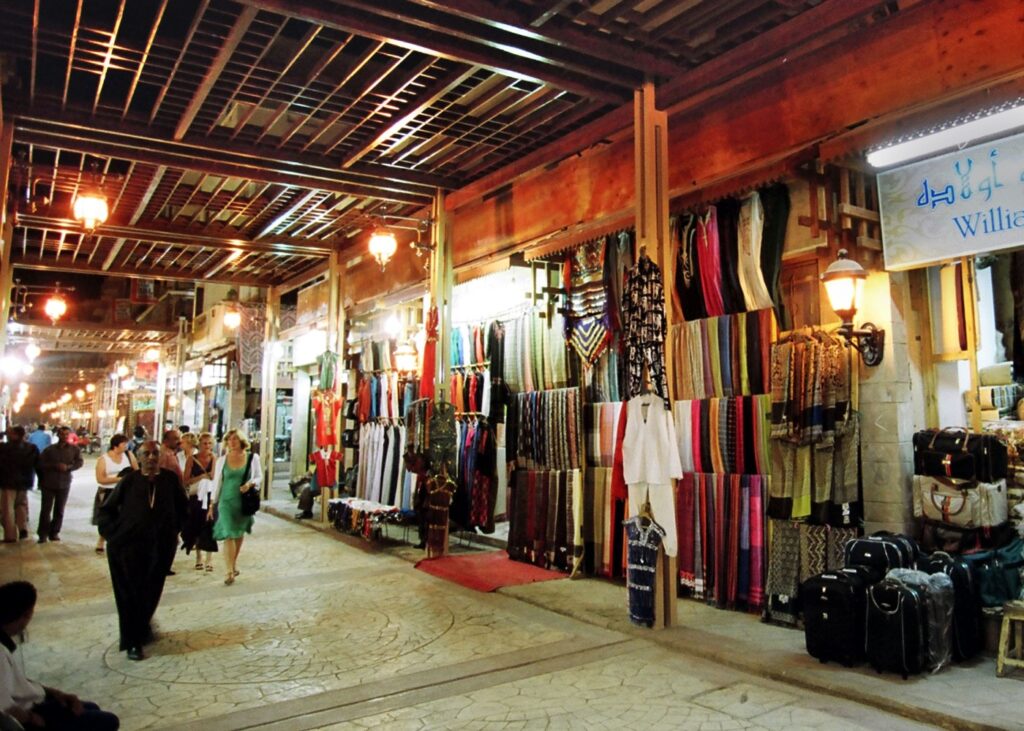
History
History and Culture
Luxor Province in Egypt is steeped in rich history and vibrant culture that dates back several millennia. The region was once the capital of ancient Egypt, known as Thebes, and served as a center of political, religious, and cultural significance. Luxor's historical importance is evident through its stunning archaeological sites, including the iconic temples of Luxor and Karnak, the Valley of the Kings, and the Mortuary Temple of Hatshepsut.
Luxor's cultural heritage is deeply intertwined with its historical legacy. The province is home to a diverse population that embraces traditions, customs, and arts passed down through generations. Visitors can immerse themselves in the local culture by experiencing traditional music, dance, and cuisine. Luxor also hosts annual festivals and events that celebrate Egyptian heritage, attracting both locals and international tourists.
The region's cultural richness is further reflected in its museums, which house an impressive collection of ancient artifacts, statues, and tomb treasures. These institutions provide invaluable insights into the lives and beliefs of the ancient Egyptians.
In Luxor Province, history and culture intertwine, creating a captivating destination where visitors can explore the wonders of the past while appreciating the vibrant traditions that endure to this day.
HOTELS
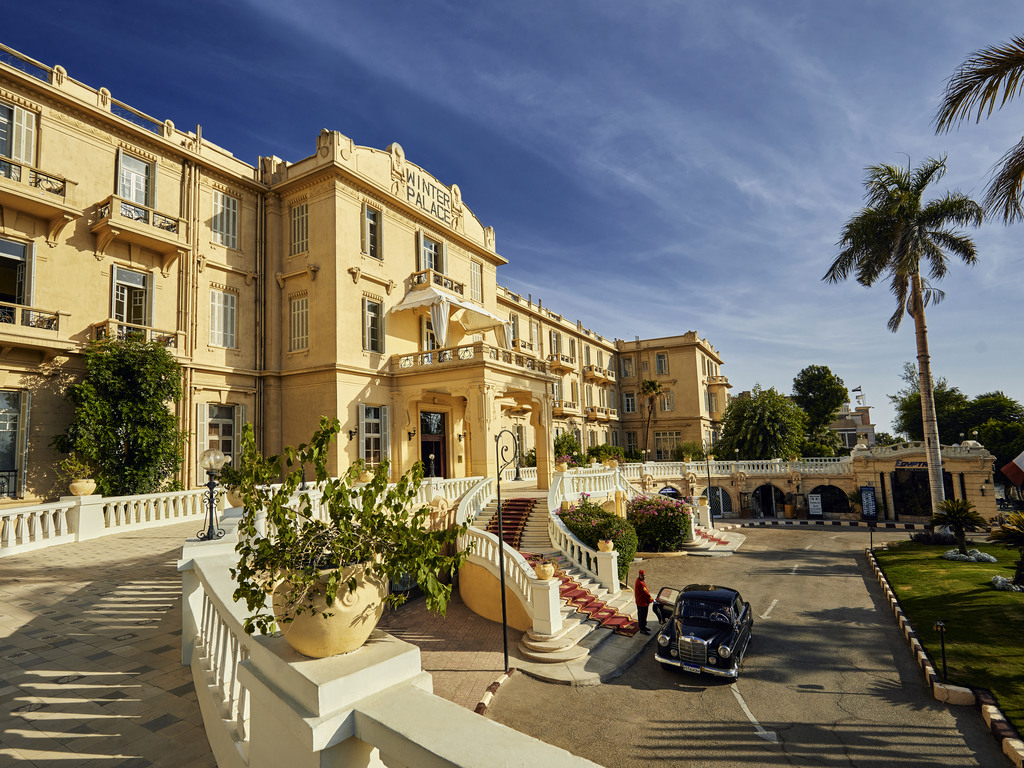
Sofitel Winter Palace Luxor

Steigenberger Nile Palace Luxor Hotel
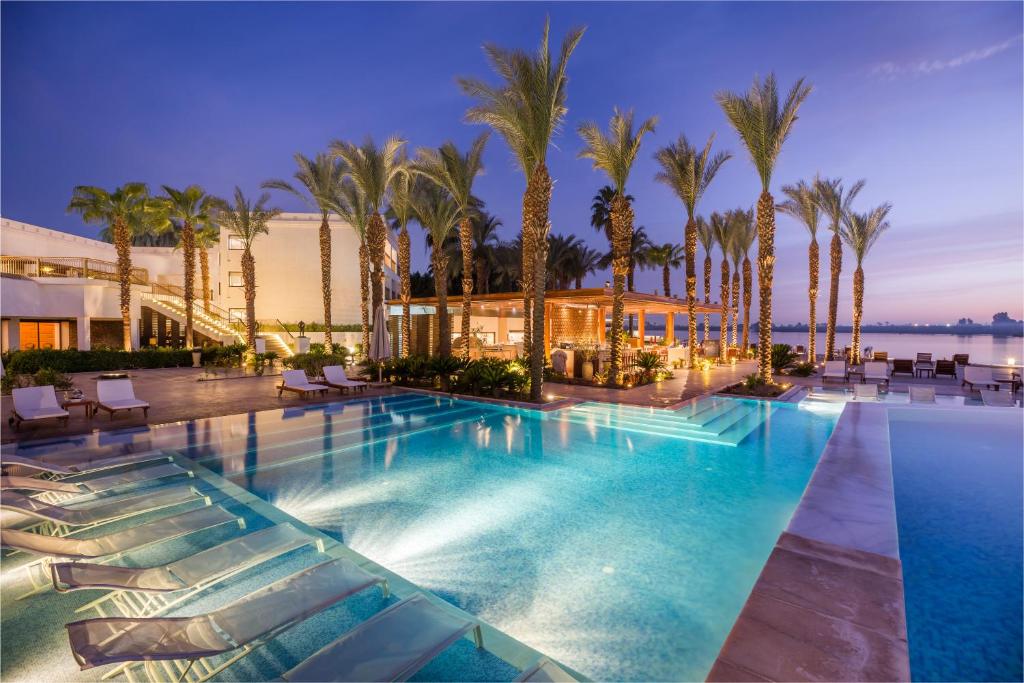
Hilton Luxor Resort & Spa
RESTAURANTS
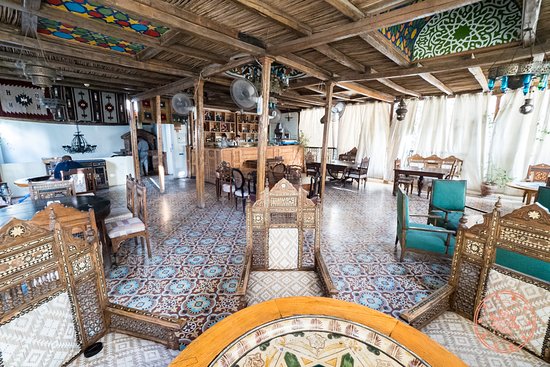
Sofra Restaurant
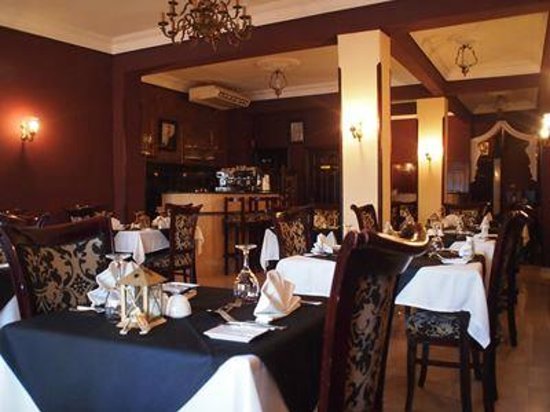
Lantern Room Restaurant
